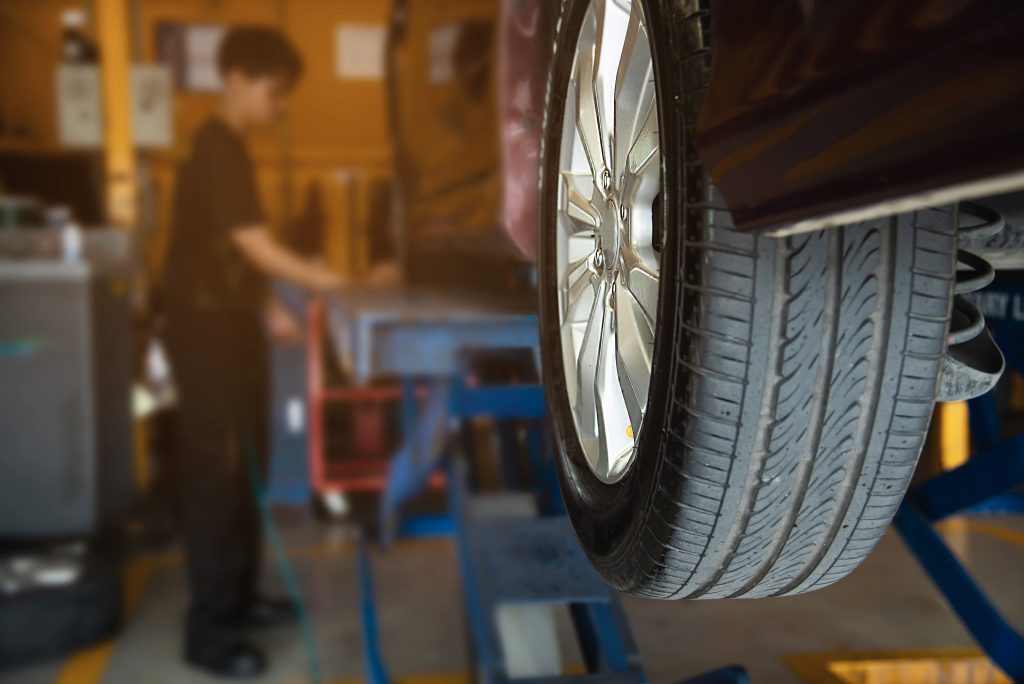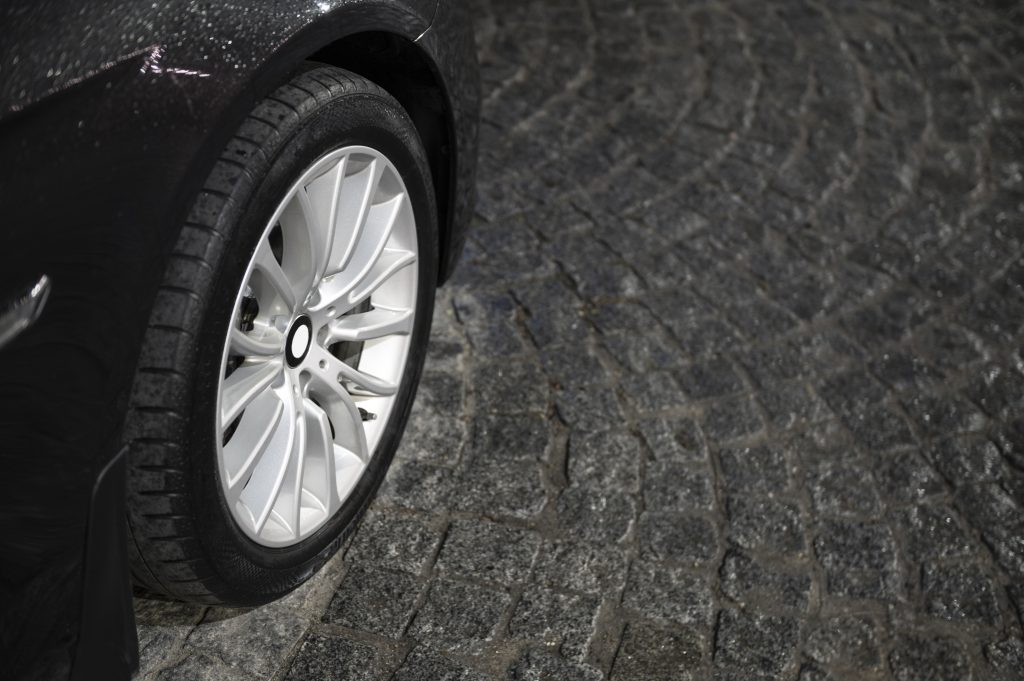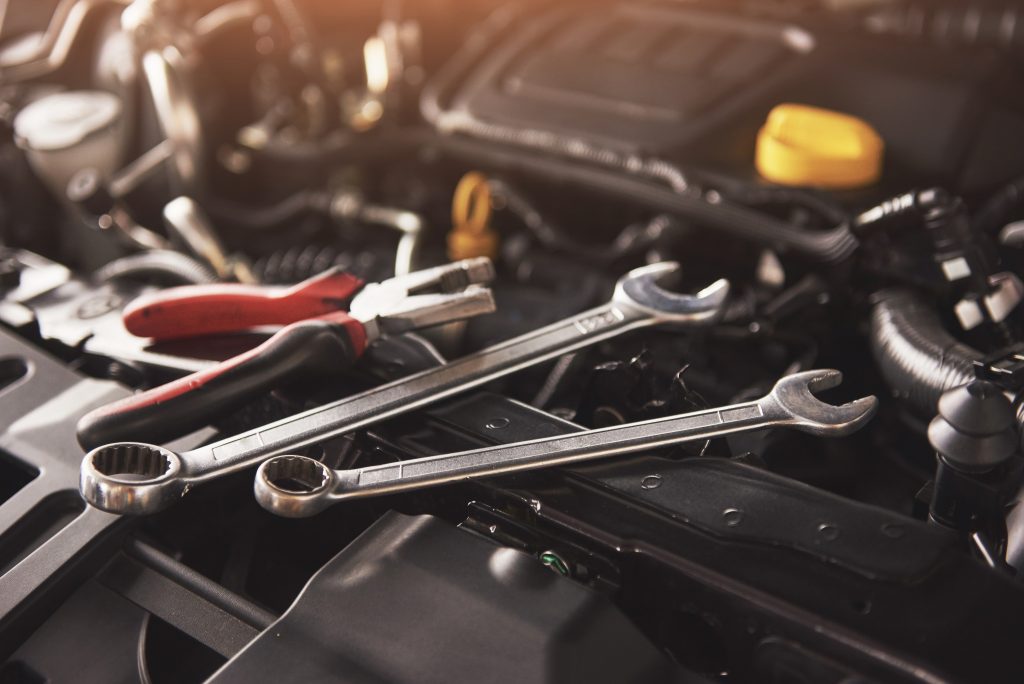Maximize Safety & Performance: The Power of Proper Tire Pressure

Your car’s tires are the primary point of contact between your vehicle and the road, thus proper tire pressure is critical for both performance and safety. Maintaining proper tire pressure increases fuel efficiency, tire life, and overall driving stability. Neglecting it, on the other hand, can result in poor handling, increased wear, and potentially disastrous blowouts.
Why Proper Tire Pressure Matters

1. Safety on the Roads
Underinflated or overinflated tires can affect your vehicle’s handling, braking, and traction. Proper tire pressure ensures improved control, especially in inclement weather, lowering the danger of accidents.
2. Improved fuel efficiency
Underinflated tires cause increased rolling resistance, requiring the engine to work harder and burn more gasoline. Keeping your tires properly inflated can boost fuel economy and save you money in the long term.
3. Increased Tire Lifespan
Incorrect tire pressure causes uneven tread wear. Underinflated tires wear out faster on the edges, whereas overinflated tires wear out in the center. Maintaining the proper pressure extends the life of your tires and prevents premature replacements.
4. Better Performance and Comfort
Properly inflated tires make for a smoother, more enjoyable ride. They also improve your car’s responsiveness, which includes acceleration, cornering, and braking performance.
How to Check and Maintain Proper Tire Pressure

1. Use a tire pressure gauge.
A reliable tire pressure gauge allows you to correctly monitor your tire pressure. Check your tires at least once a month, especially before long travels.
2. Follow Manufacturers’ Recommendations
Your vehicle’s recommended tire pressure is listed in the owner’s manual or on a sticker inside the driver’s door. Always pump your tires according to the instructions.
3. Check when the tires are cold.
Tire pressure varies with temperature. To get accurate readings, always check your tire pressure when the tires are cool (before driving or after a few hours of parking).
4. Inspect for damage and wear.
Look for symptoms of uneven wear, cracks, or punctures that could impair tire performance. To avoid potential hazards, address any concerns as soon as they arise.
Tread Wisely, Drive Confidently

Proper tire pressure is a simple yet crucial aspect of vehicle maintenance that directly affects safety, performance, and cost savings. By regularly checking and maintaining the correct tire pressure, you ensure a smoother ride, better fuel efficiency, and enhanced road safety. Stay proactive and make tire pressure checks a regular habit to enjoy worry-free driving!




Responses